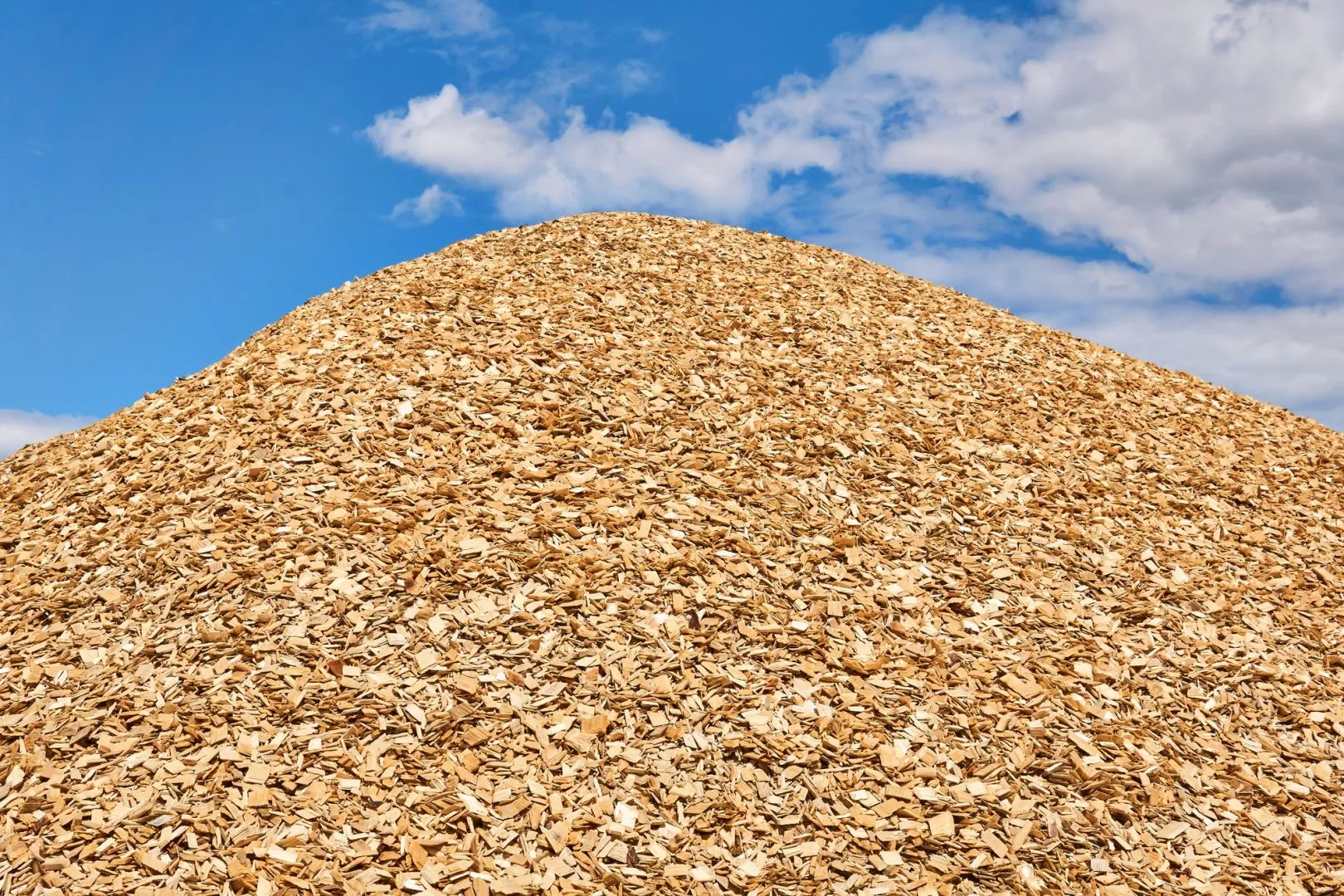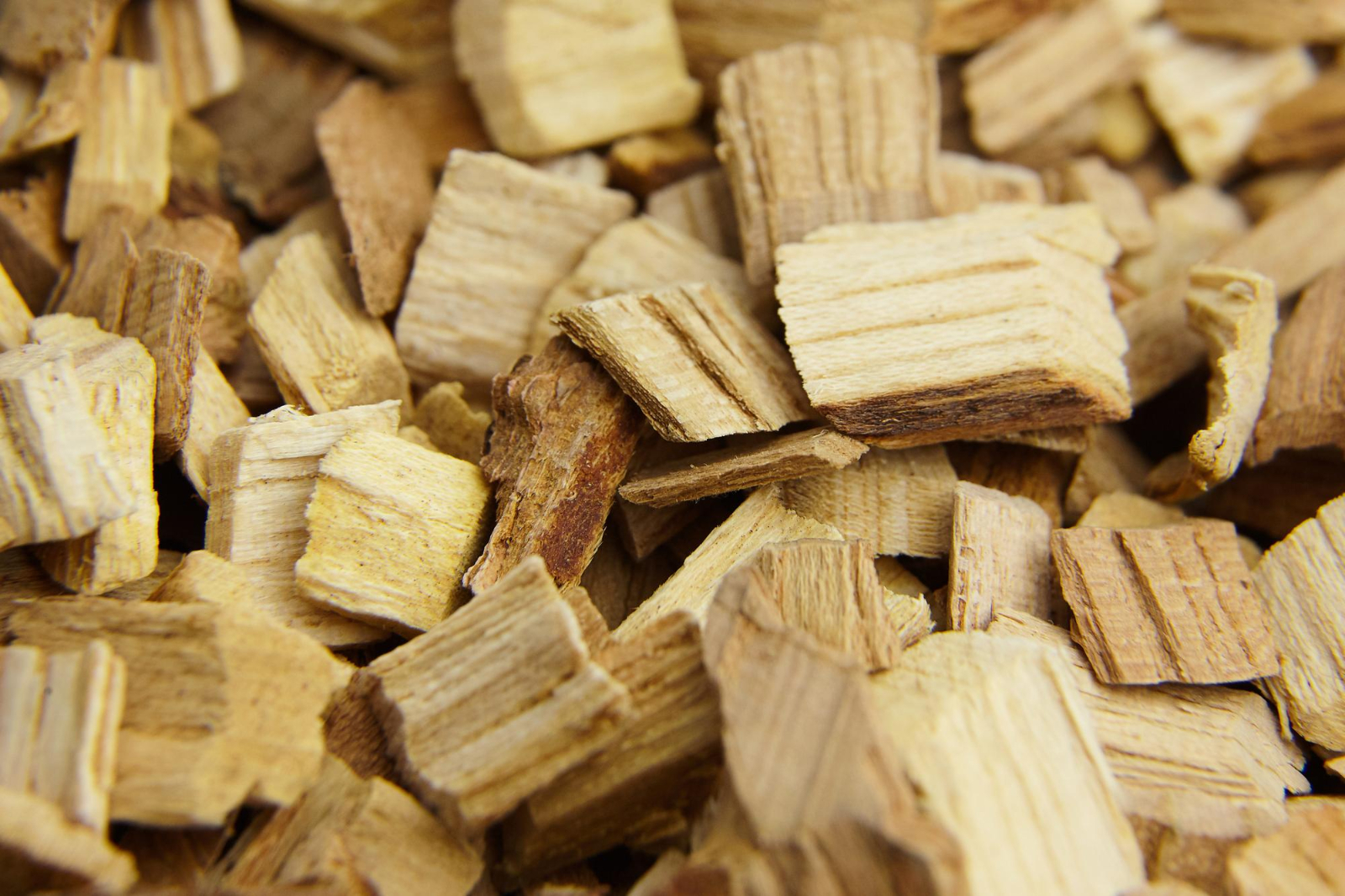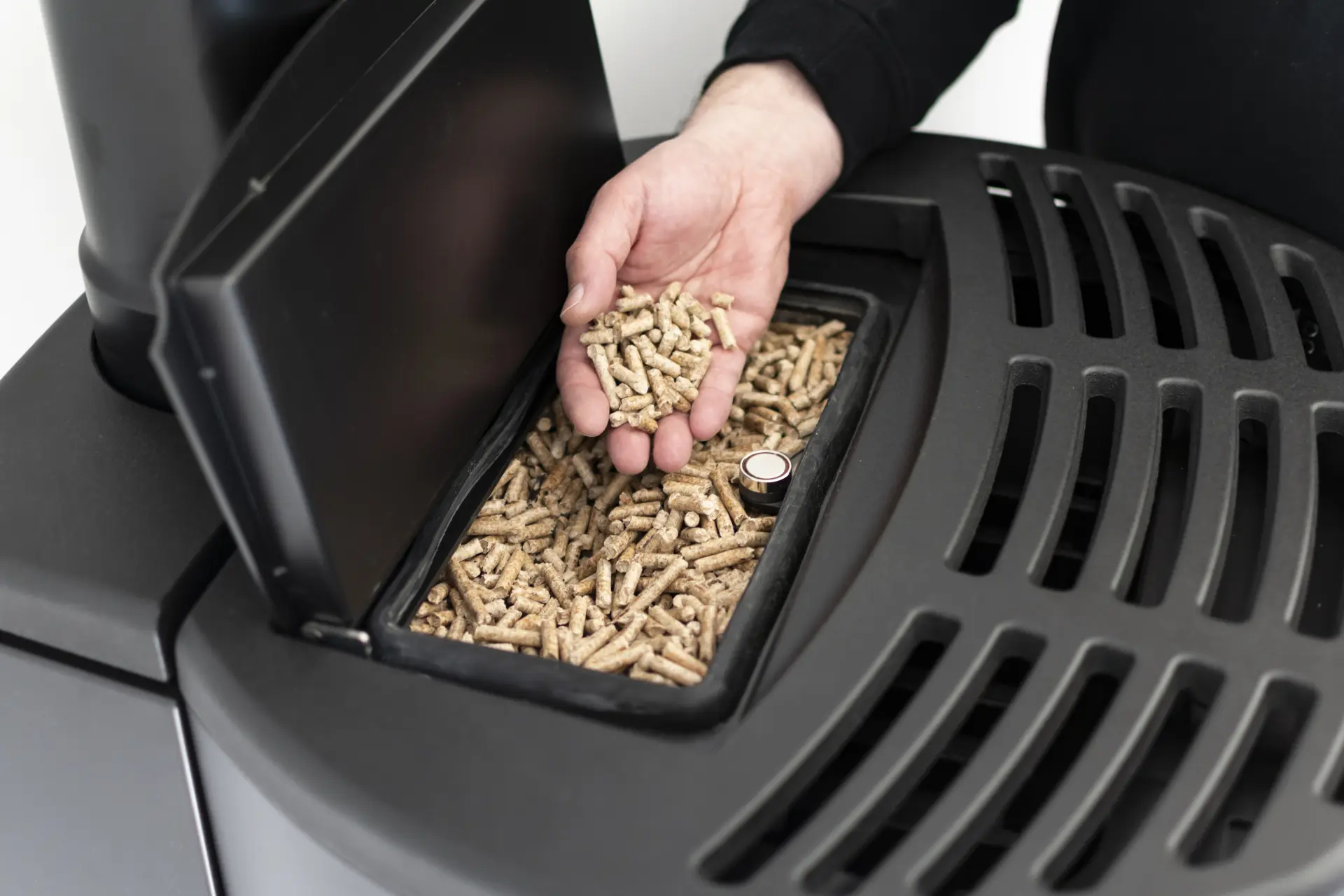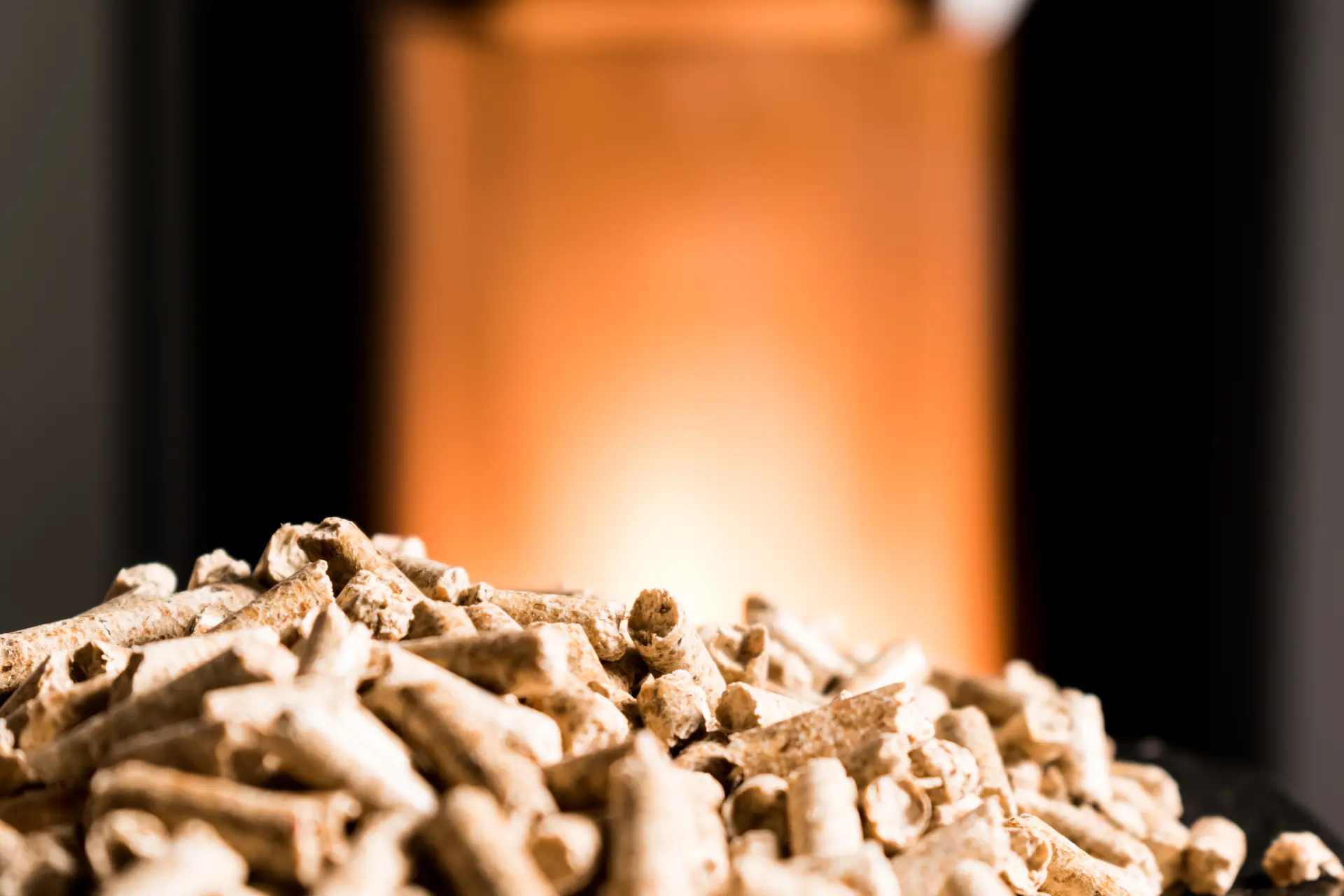Discover the environmental benefits of biomass wood chips. Learn how using biomass wood chips for fuel reduces your carbon emissions and promotes sustainability.
A Renewable and Sustainable Energy Source
Biomass wood chips are becoming recognised more and more as a renewable and sustainable energy source. These wood chips are derived from forestry by-products, sawmill residues, or purpose-grown energy crops, and they are an effective way to utilise organic waste that might otherwise be discarded.
Unlike fossil fuels, which release carbon into the air, biomass is part of the natural carbon cycle. When wood chips are burned, they release carbon dioxide, but this is equal to the carbon that's absorbed by trees during their growth period, making wood chips a low-carbon alternative.
One of the main advantages of biomass wood chips is their renewability. With responsible forestry management and replanting, wood chips can be replenished indefinitely and provide a continuous source of sustainable fuel for the future.
Biomass chips differ from finite fossil fuels, such as coal, oil, and natural gas, since they diminish over time and damage the environment. By relying more on biomass, communities can reduce their dependency on imported fossil fuels and lower their carbon footprint.
Lowering Carbon Emissions
Biomass wood chips can lower your carbon emissions, making them a vital renewable energy source with strong environmental benefits. When wood chips are burned for heat or power, they release carbon dioxide into the air. However, unlike fossil fuels, this carbon is largely balanced out by the carbon that's absorbed by new trees.

One of the greatest benefits of biomass wood chips is their ability to replace fossil fuels in heating systems and power generation.
Every tonne of coal or oil that's replaced with biomass avoids the release of additional greenhouse gases into the atmosphere. This significantly reduces your overall carbon footprint and helps homes, businesses, and entire communities contribute to climate change. For organisations that aim to meet net-zero goals, switching to biomass energy can be a practical solution.
Another advantage lies in the way wood chips are sourced. Biomass wood chips are often produced from by-products such as sawmill residues, forestry trimmings, or waste wood that would otherwise end up in a landfill. If this waste were left to decompose, it would emit methane into the air, which is a greenhouse gas that's far more potent than carbon dioxide.
By converting these materials into energy, waste is diverted from landfills and harmful emissions are also avoided. This makes biomass wood chips particularly efficient and sustainable in the long run.
Reducing Reliance on Fossil Fuels
Biomass wood chips are a sustainable energy alternative that greatly reduces your dependence on fossil fuels. Unlike fossil fuels, which are limited resources that release large amounts of carbon dioxide into the air, biomass is a clean and renewable source of heat and power.
Biomass wood chips are taken from renewable sources such as forestry residues, sawmill by-products, and sustainably managed woodland, making them a practical and cleaner alternative for heating and energy generation.
By substituting wood chips for fossil fuels, communities and businesses can directly cut their demand for coal and oil. Each tonne of fossil fuel that's replaced with biomass prevents significant amounts of carbon from entering the atmosphere.
This reduction in greenhouse gases plays a vital role in lowering global emissions and makes biomass an important contributor to the fight against climate change. More importantly, biomass also fits into the natural carbon cycle. The carbon dioxide that's released during combustion is roughly balanced out by the carbon that's absorbed by trees as they grow.
Extracting oil and gas involves drilling, mining, and fracking, which damages ecosystems, pollutes water sources, and contributes to habitat loss. On the other hand, sourcing biomass wood chips from sustainably managed forests encourages replanting, active woodland care, and biodiversity preservation.
Biodegradability and Low Waste Impact
Unlike fossil fuels, which leave behind pollutants and non-degradable by-products, wood chips are derived from natural, organic materials that break down safely within the environment. This biodegradability means that any unused or excess biomass can return to the soil without leaving harmful residues behind.

Wood chips are typically sourced from forestry by-products, sawmill offcuts, and other forms of organic waste, and instead of these materials ending up in a landfill, they are repurposed into a valuable energy resource. This greatly reduces waste and helps promote a more circular economy, since every part of a harvested tree is used effectively.
The combustion of biomass wood chips also leaves behind a minimal amount of waste. Unlike many industrial by-products, the ash residues can be recycled as a soil amendment, since they can return nutrients like potassium and calcium back to the land. This ash is an environmentally friendly by-product of biomass combustion, rather than disposable waste.
From a broader perspective, the low waste footprint of biomass contributes to cleaner air, land and water. With fewer pollutants being released into the air, ecosystems can stay healthy and resilient. The biodegradable nature of wood chips also means that they can improve your soil's health and reduce your reliance on synthetic fertilisers.
We supply high-quality biomass wood chips that can be used as a renewable, sustainable fuel source for your heating and energy needs. Our wood chips are sourced responsibly from forestry by-products in order to reduce our reliance on fossil fuels and support a cleaner, safer environment.





